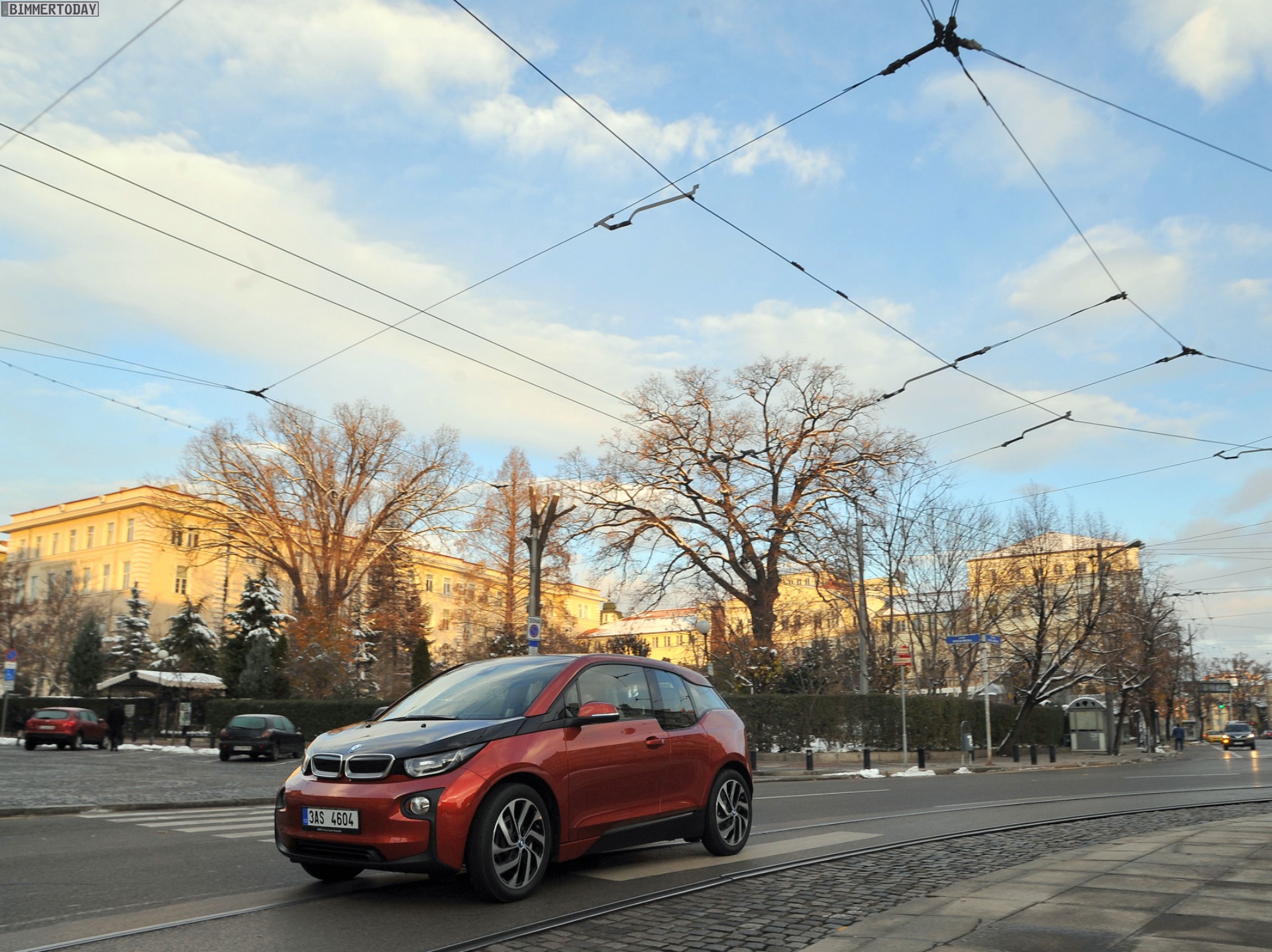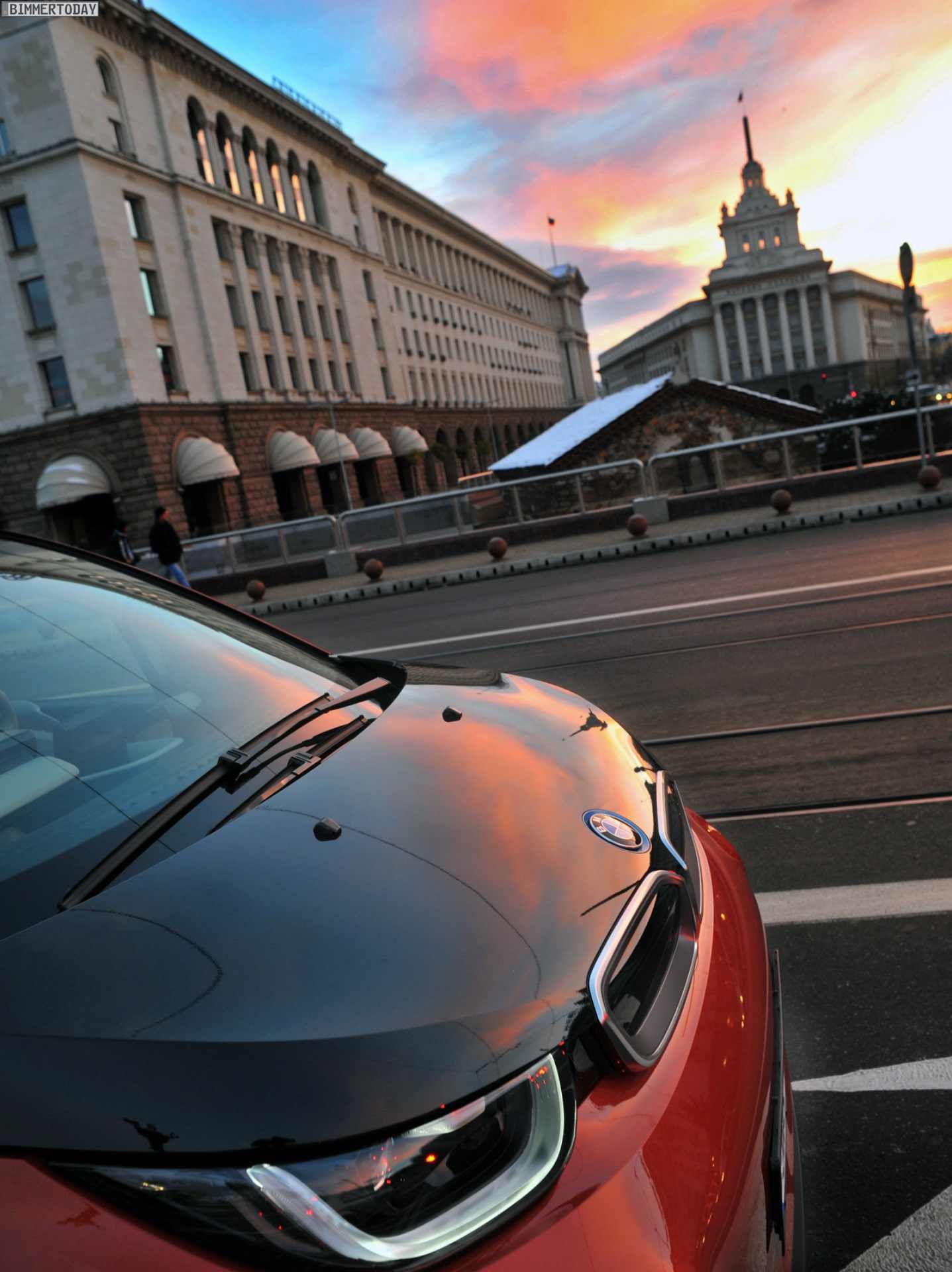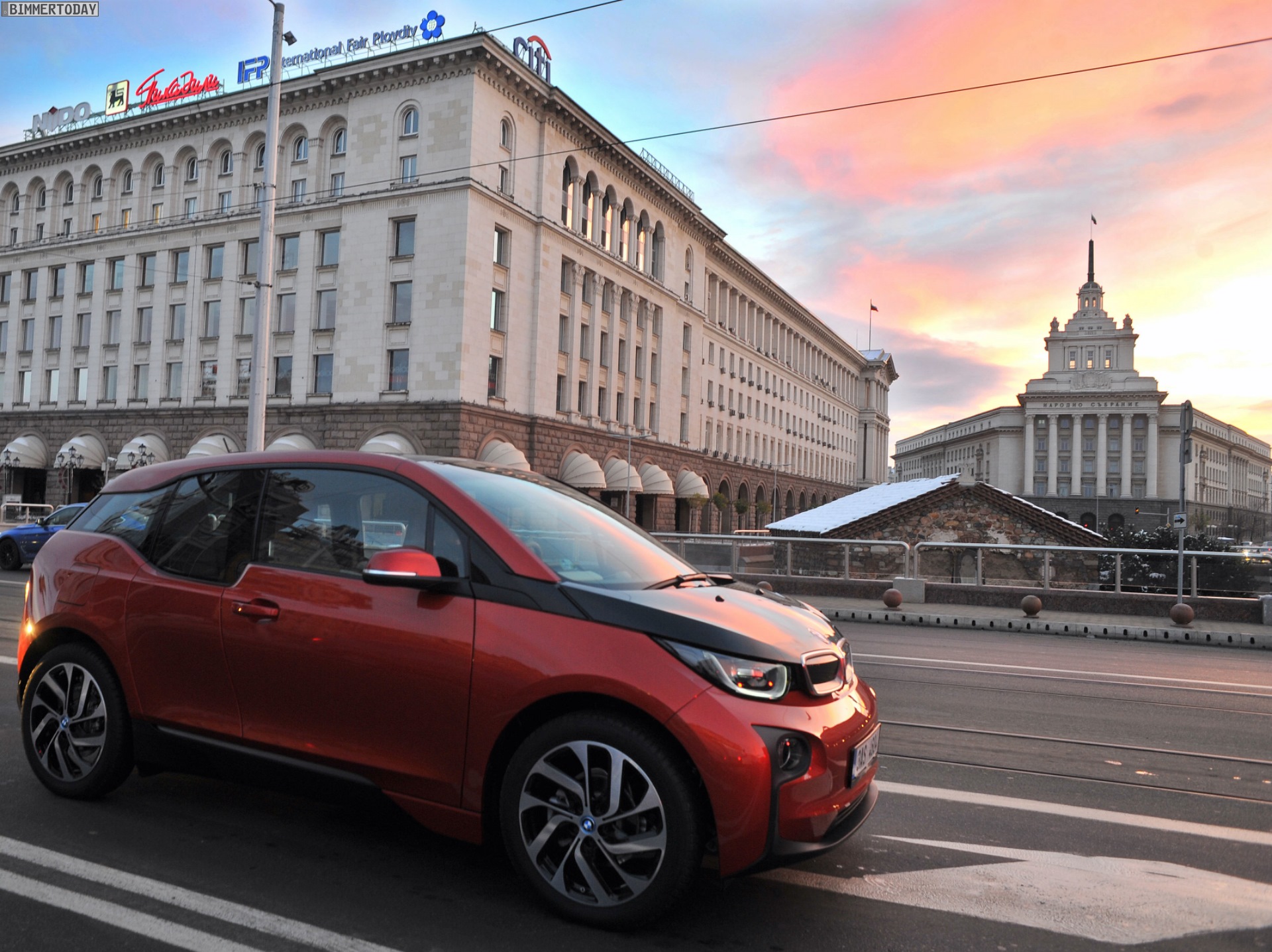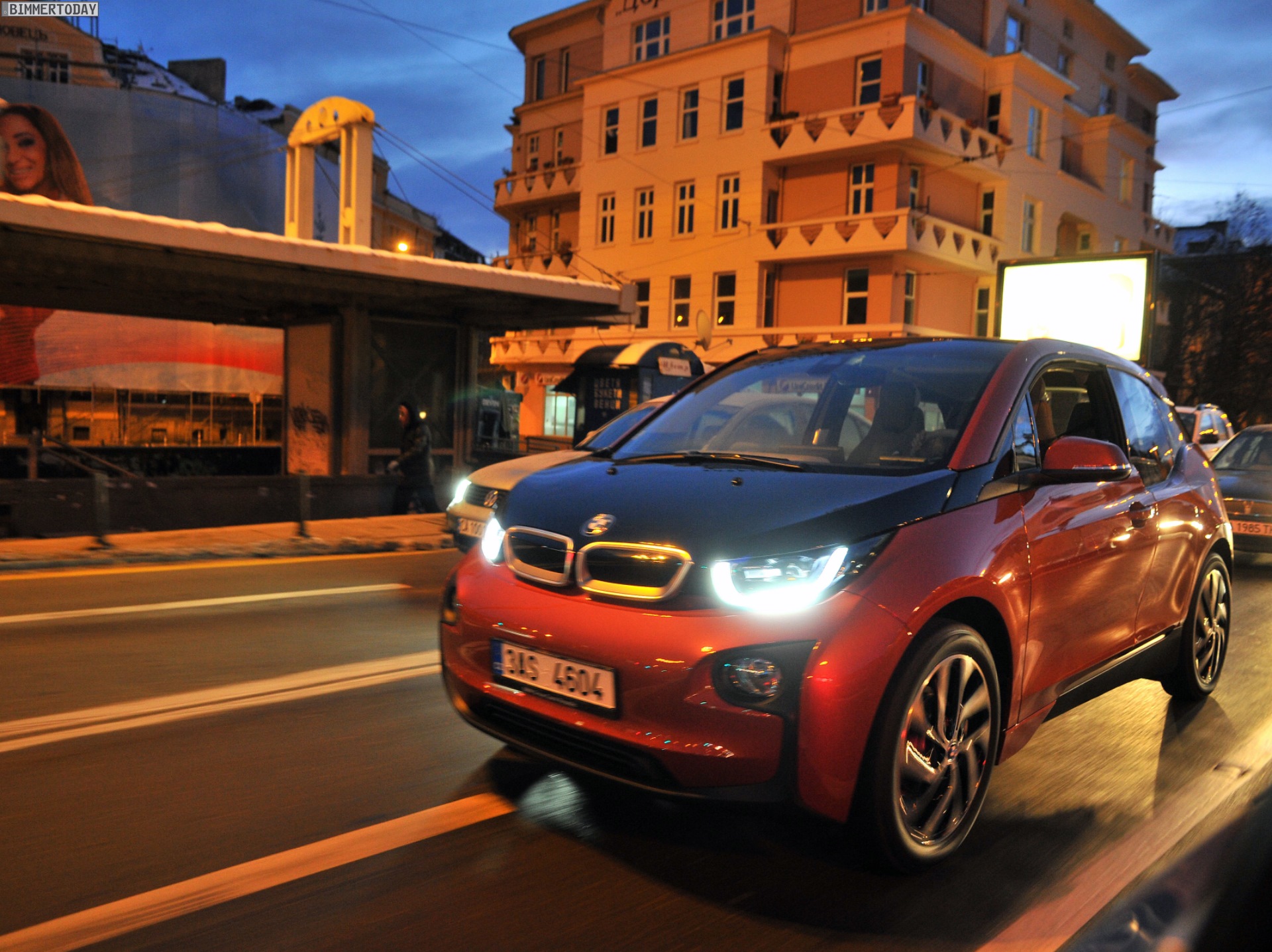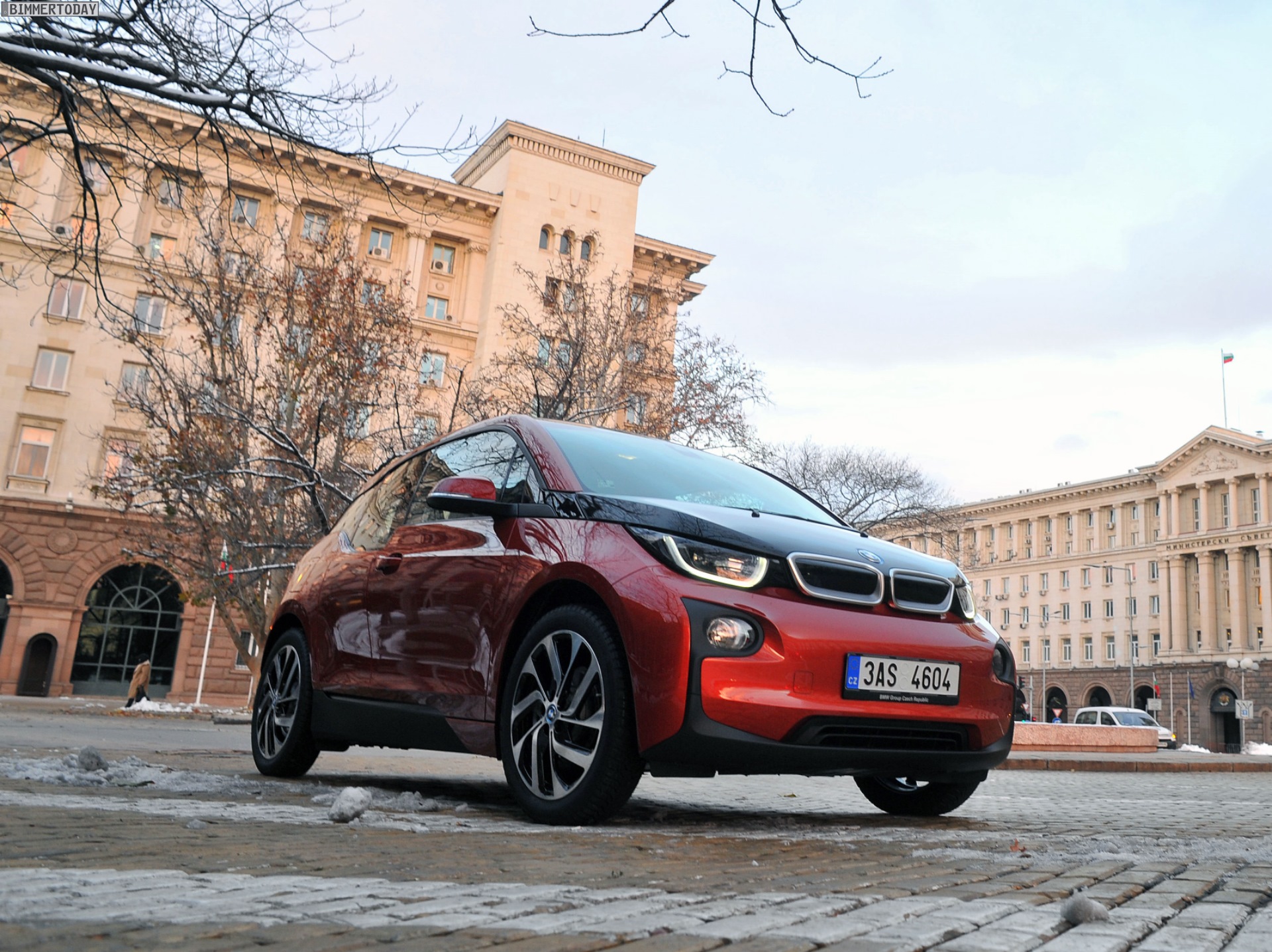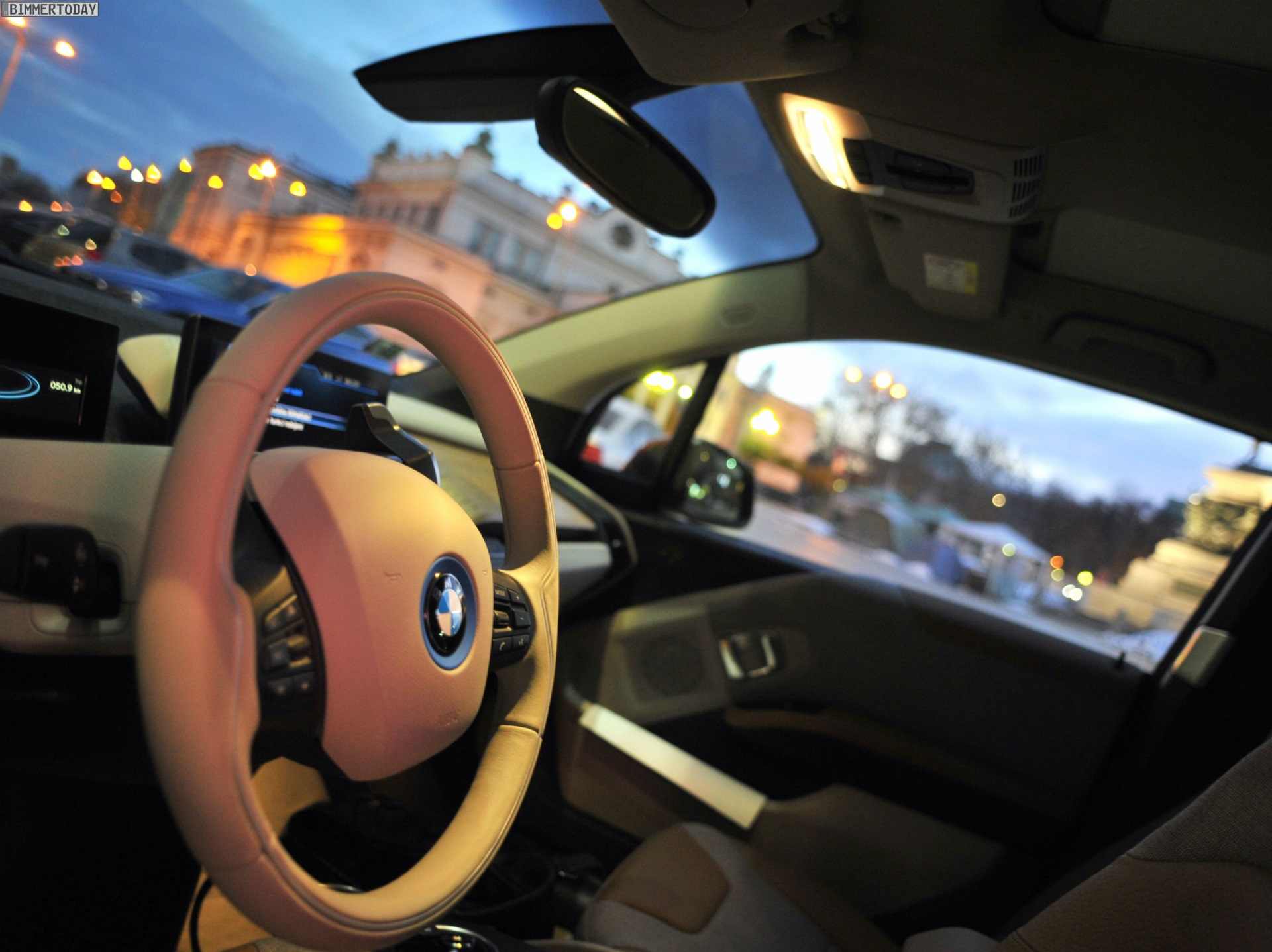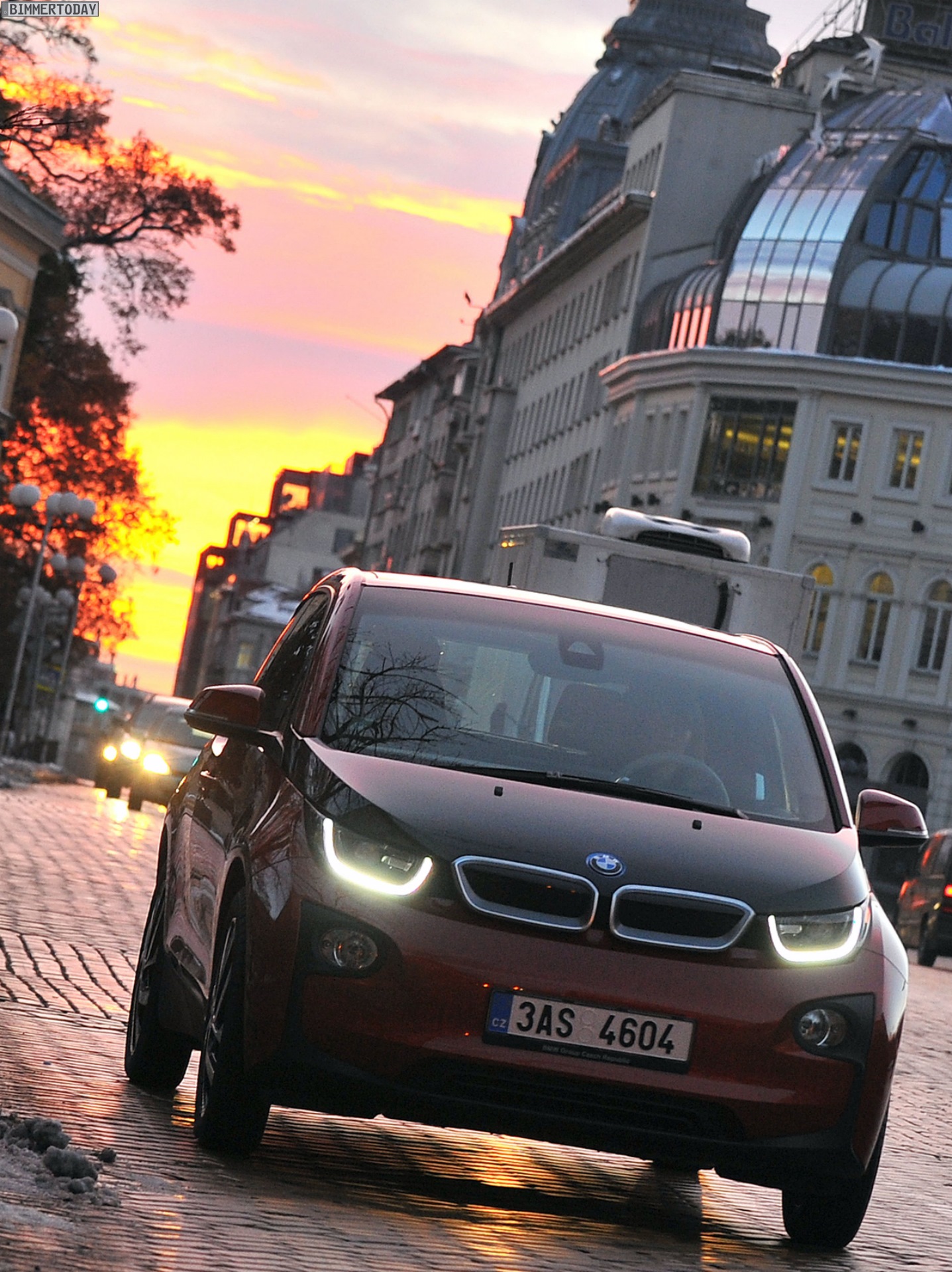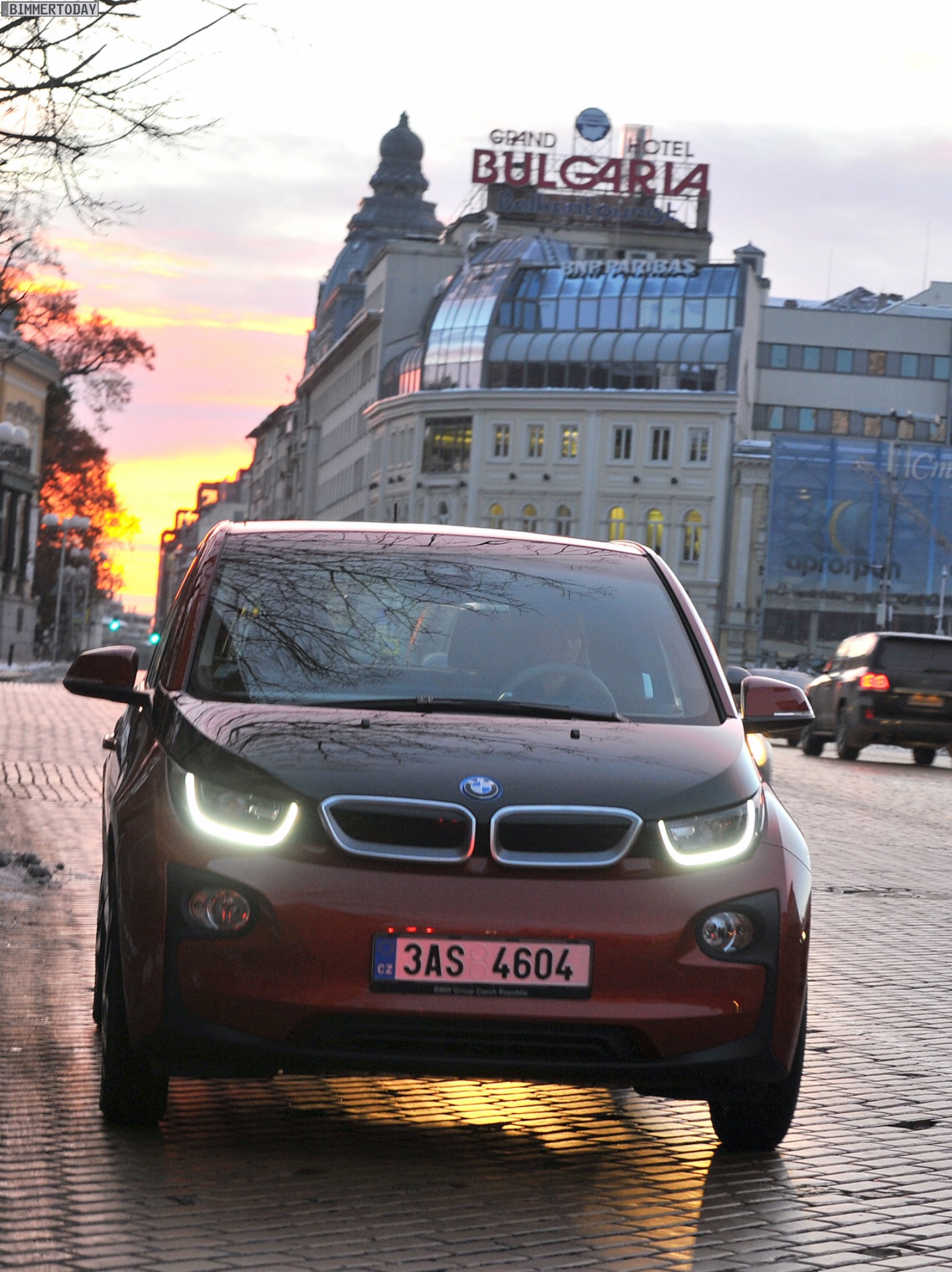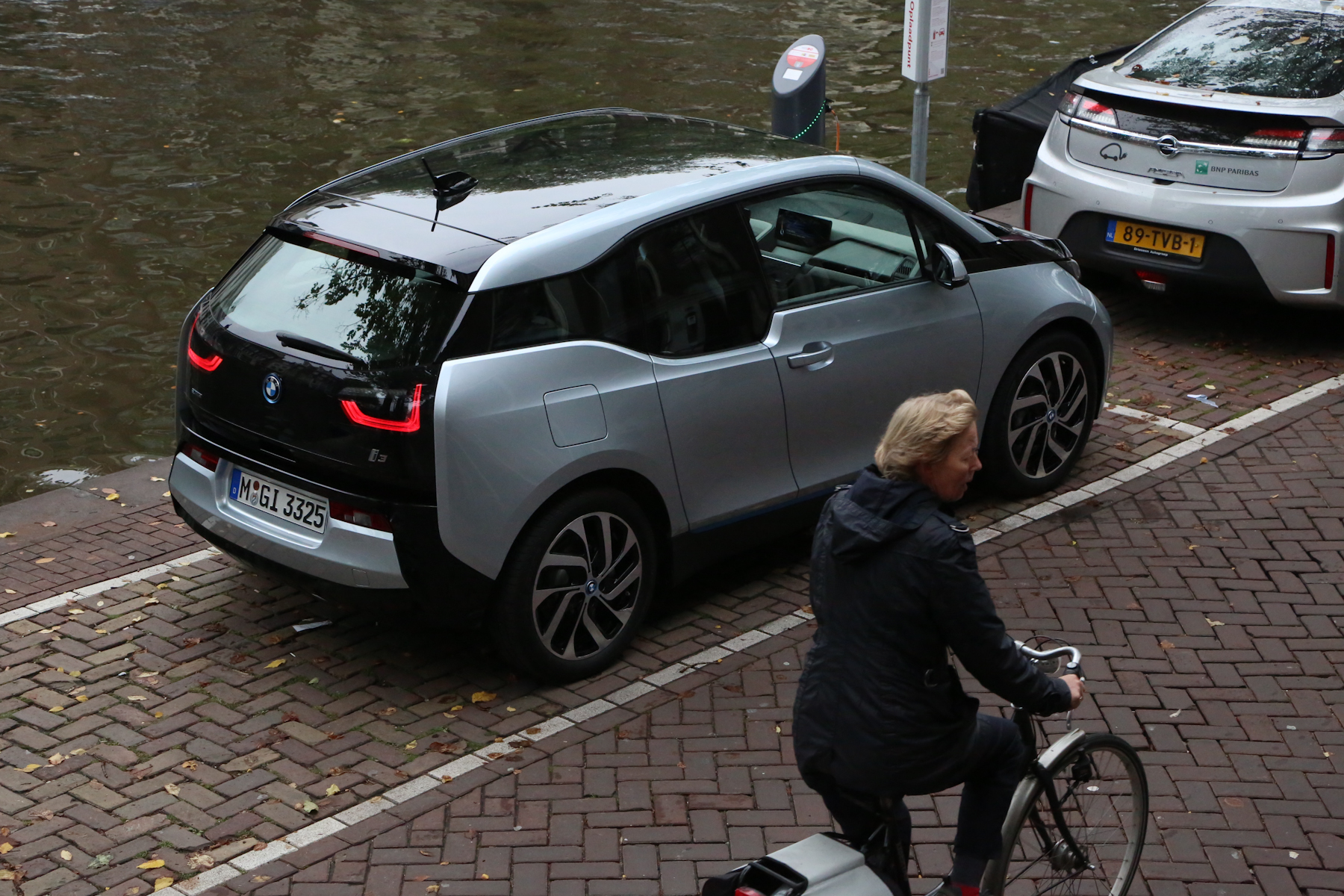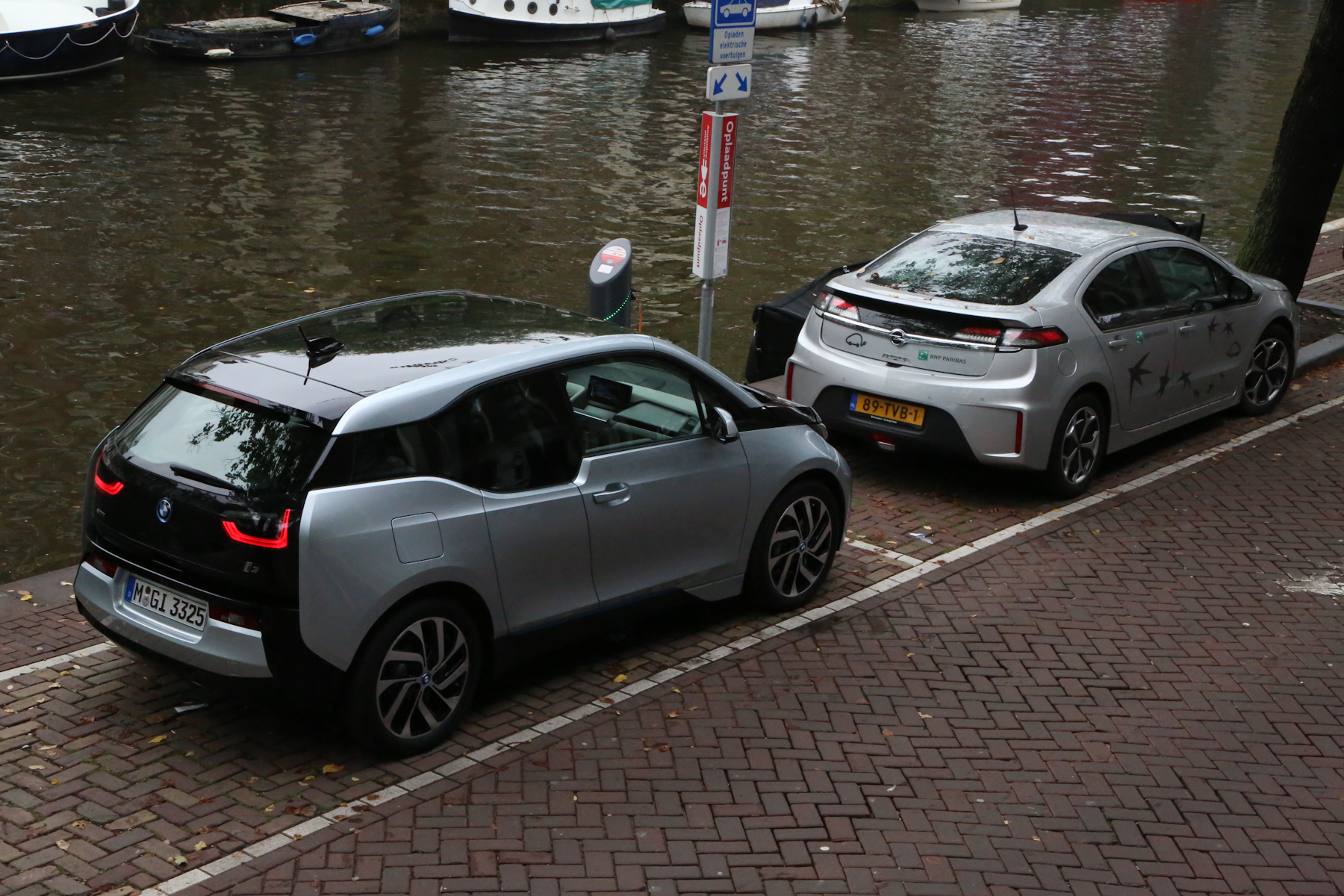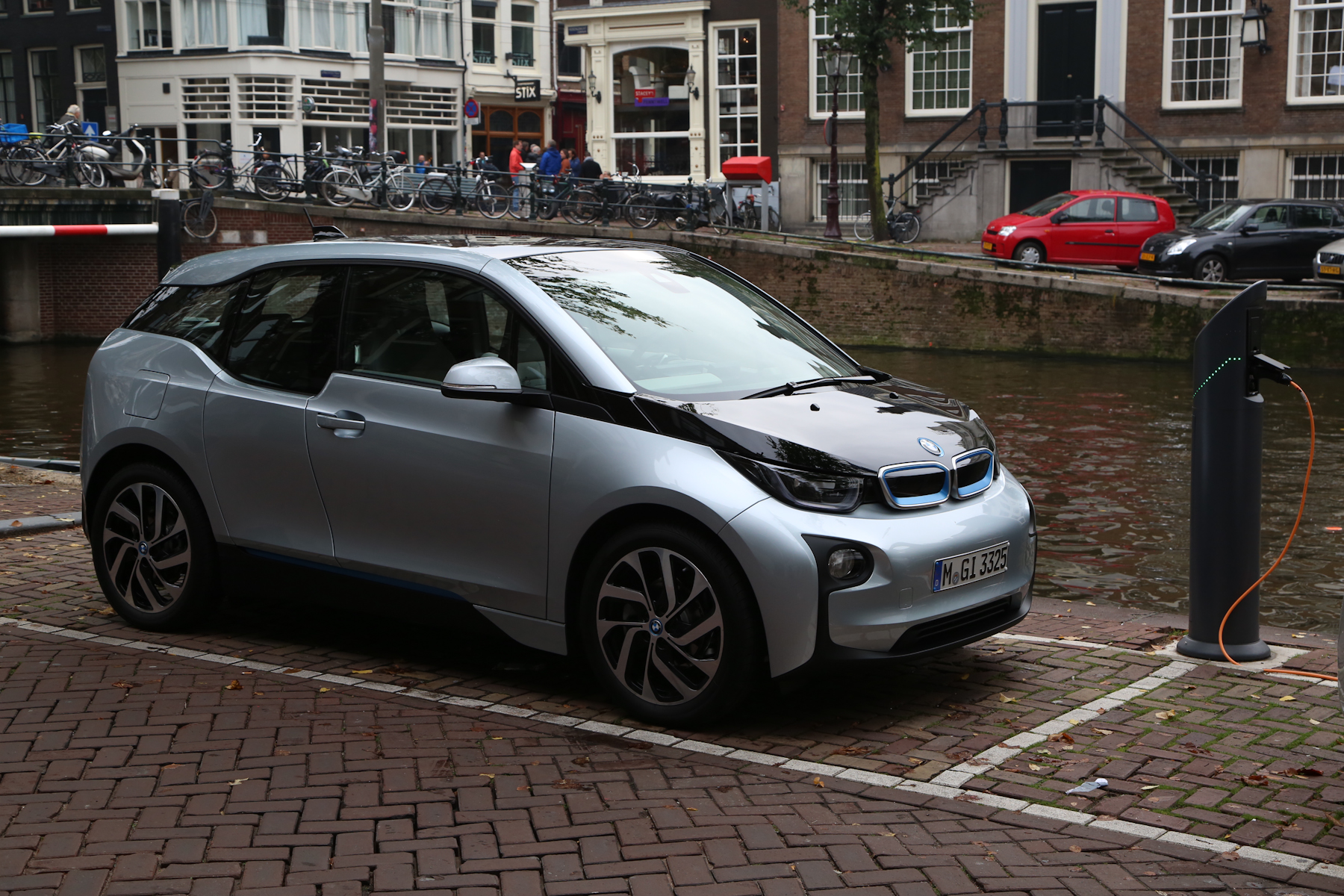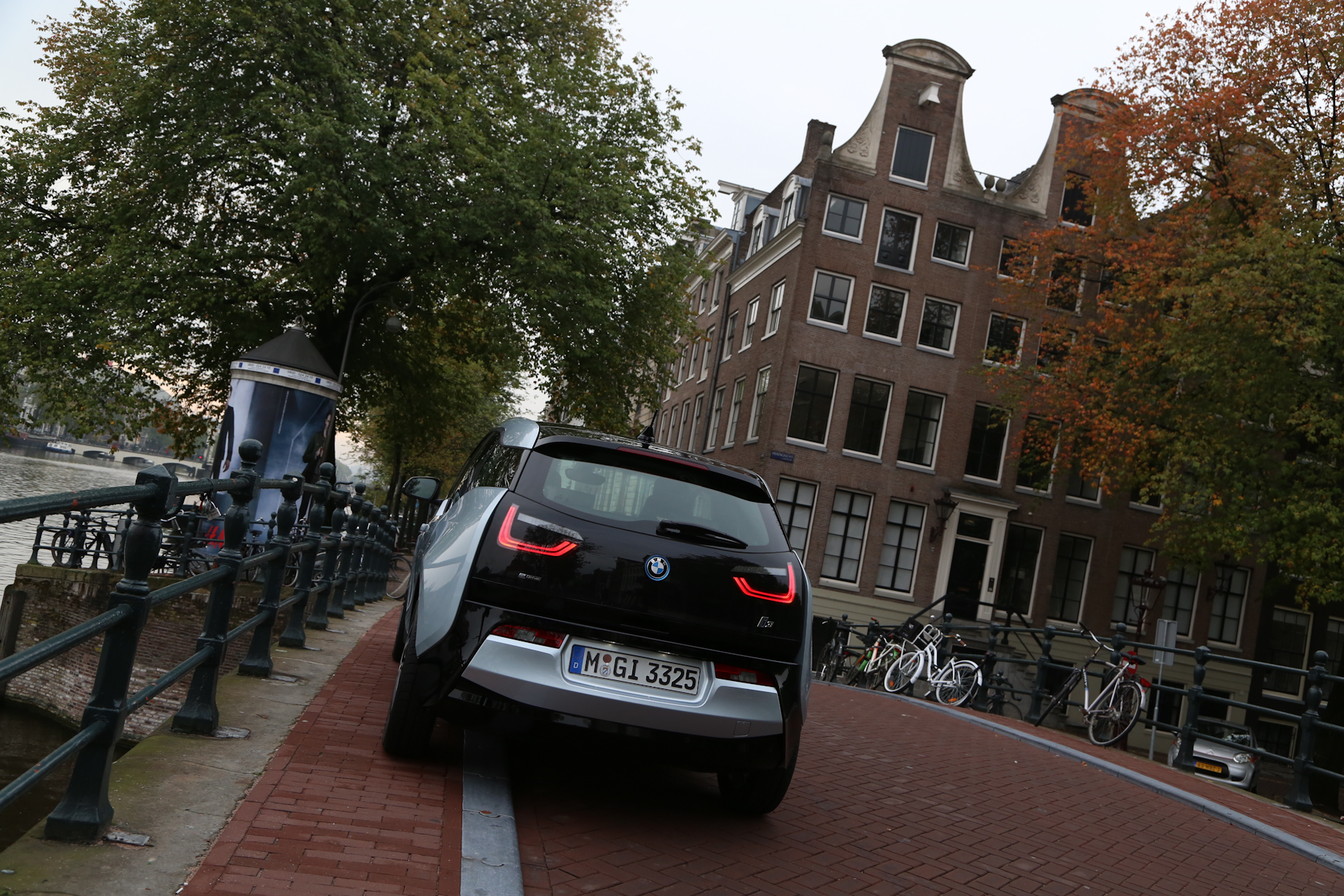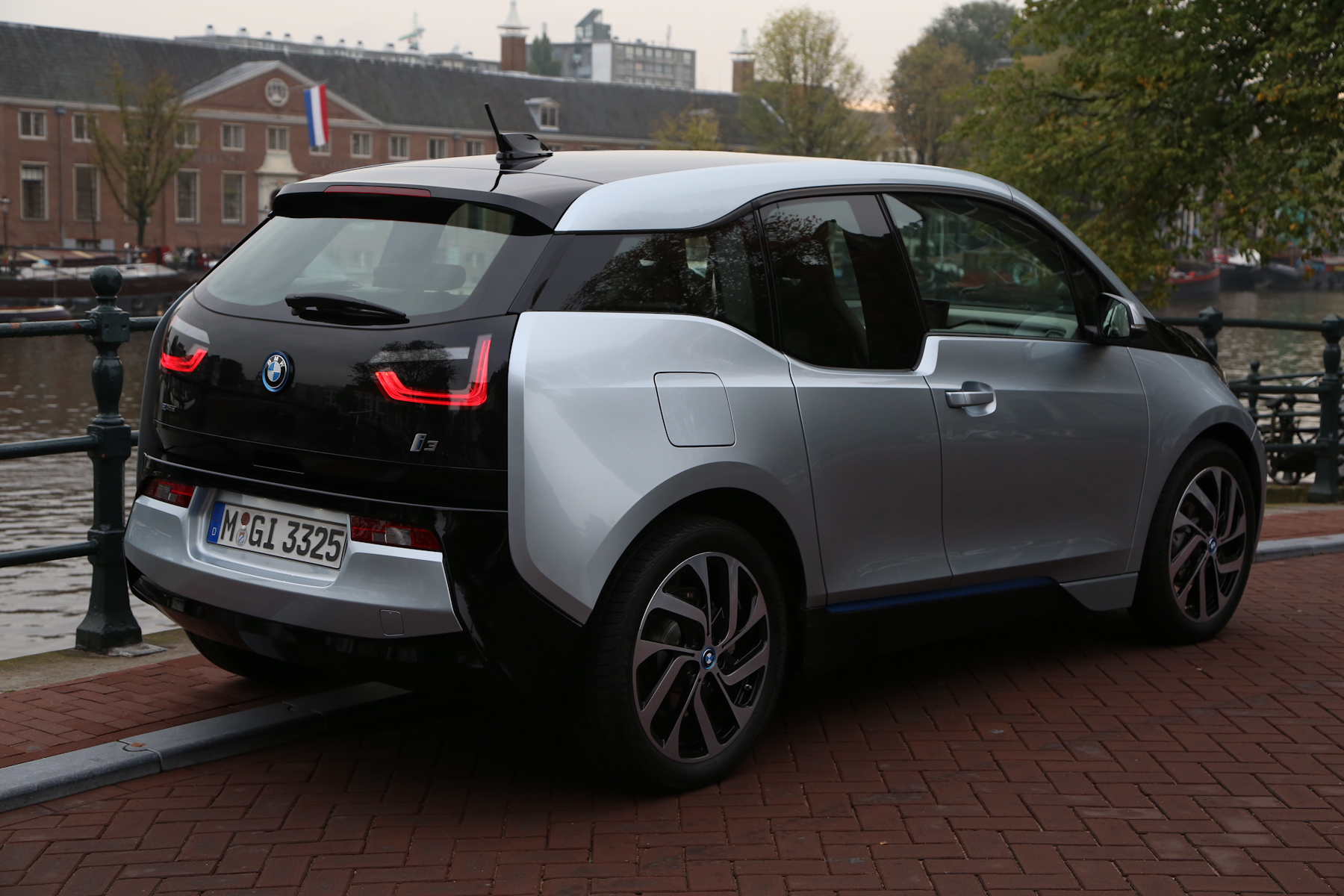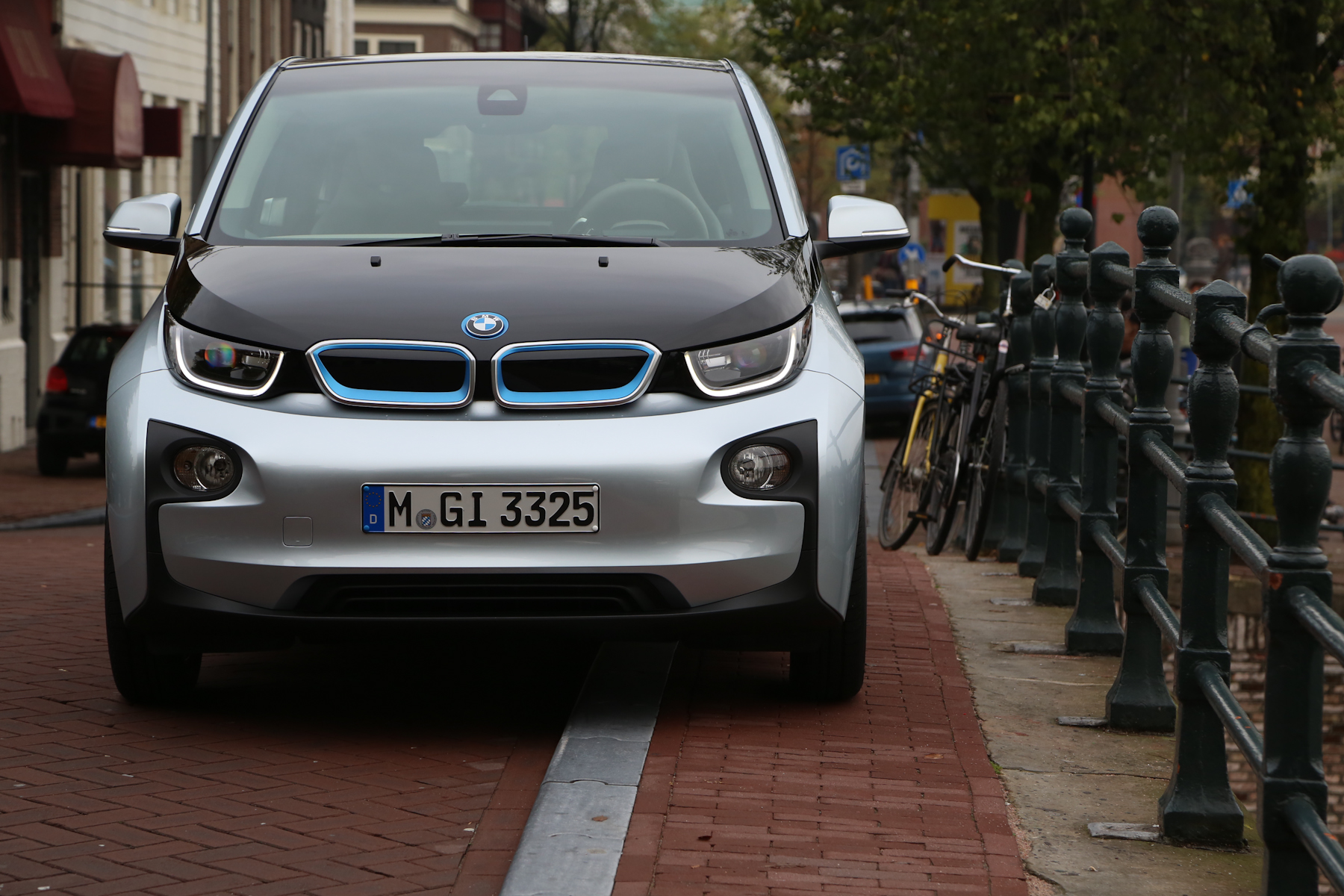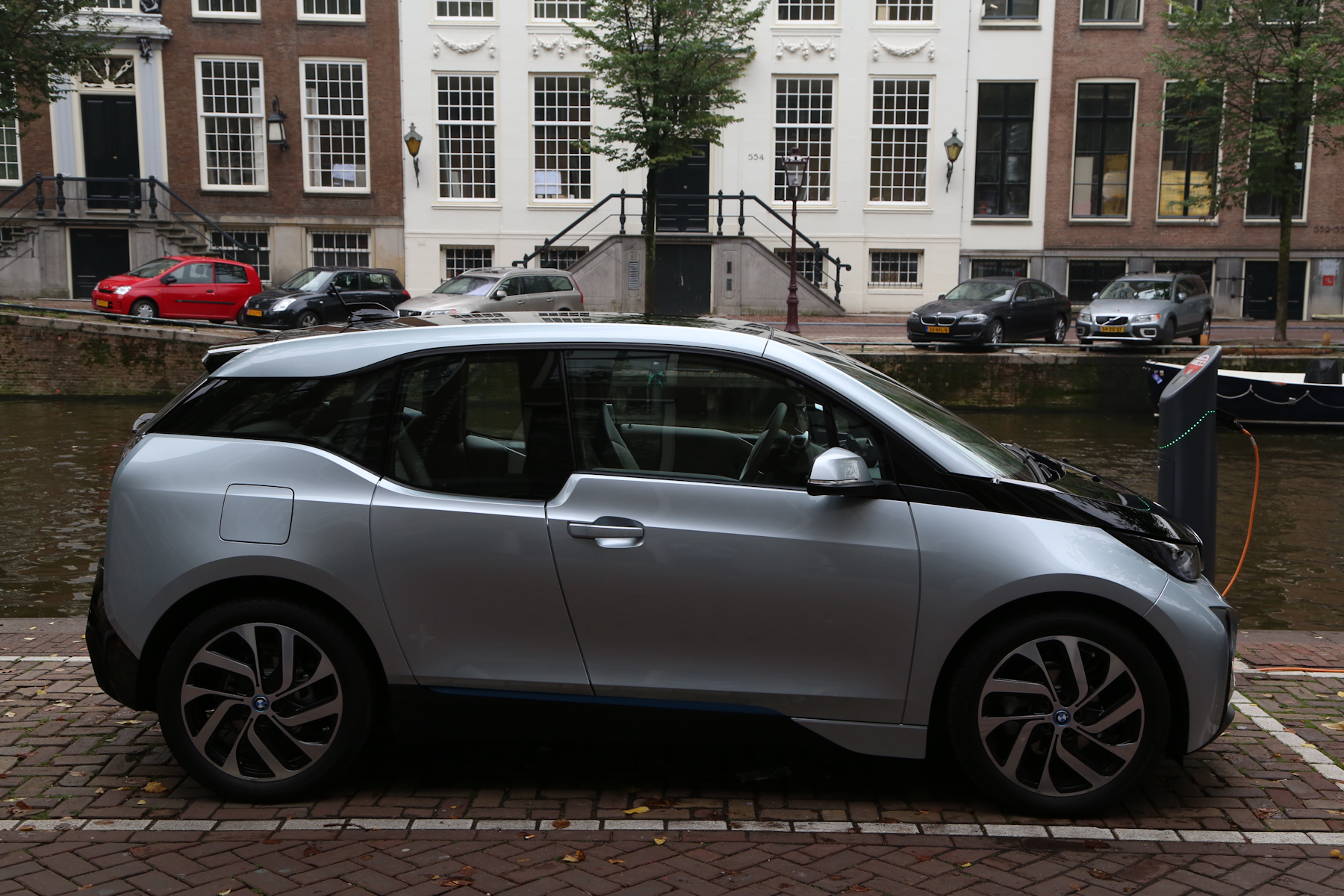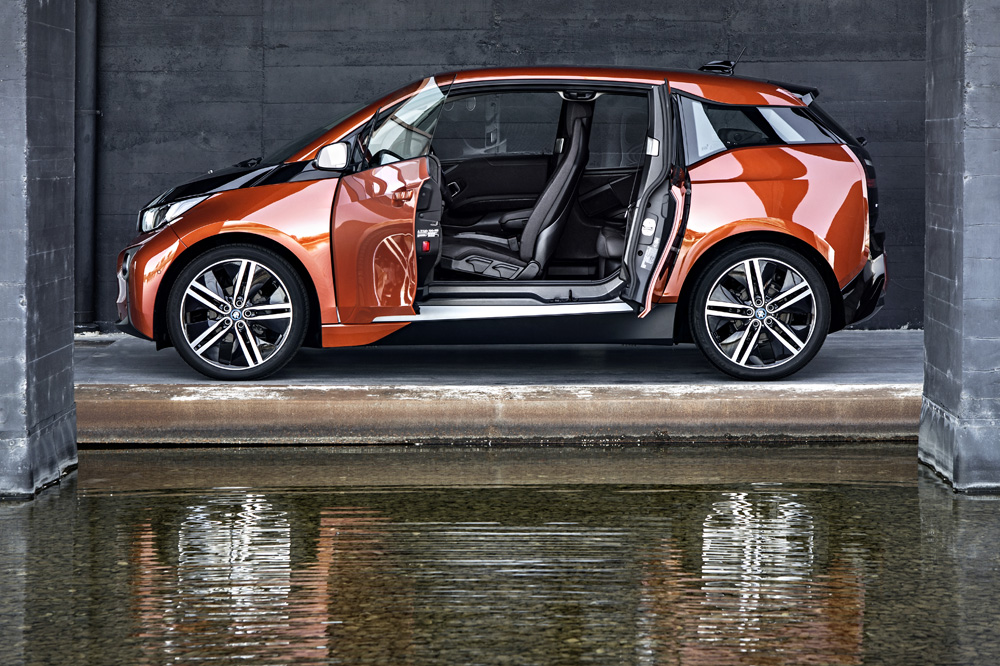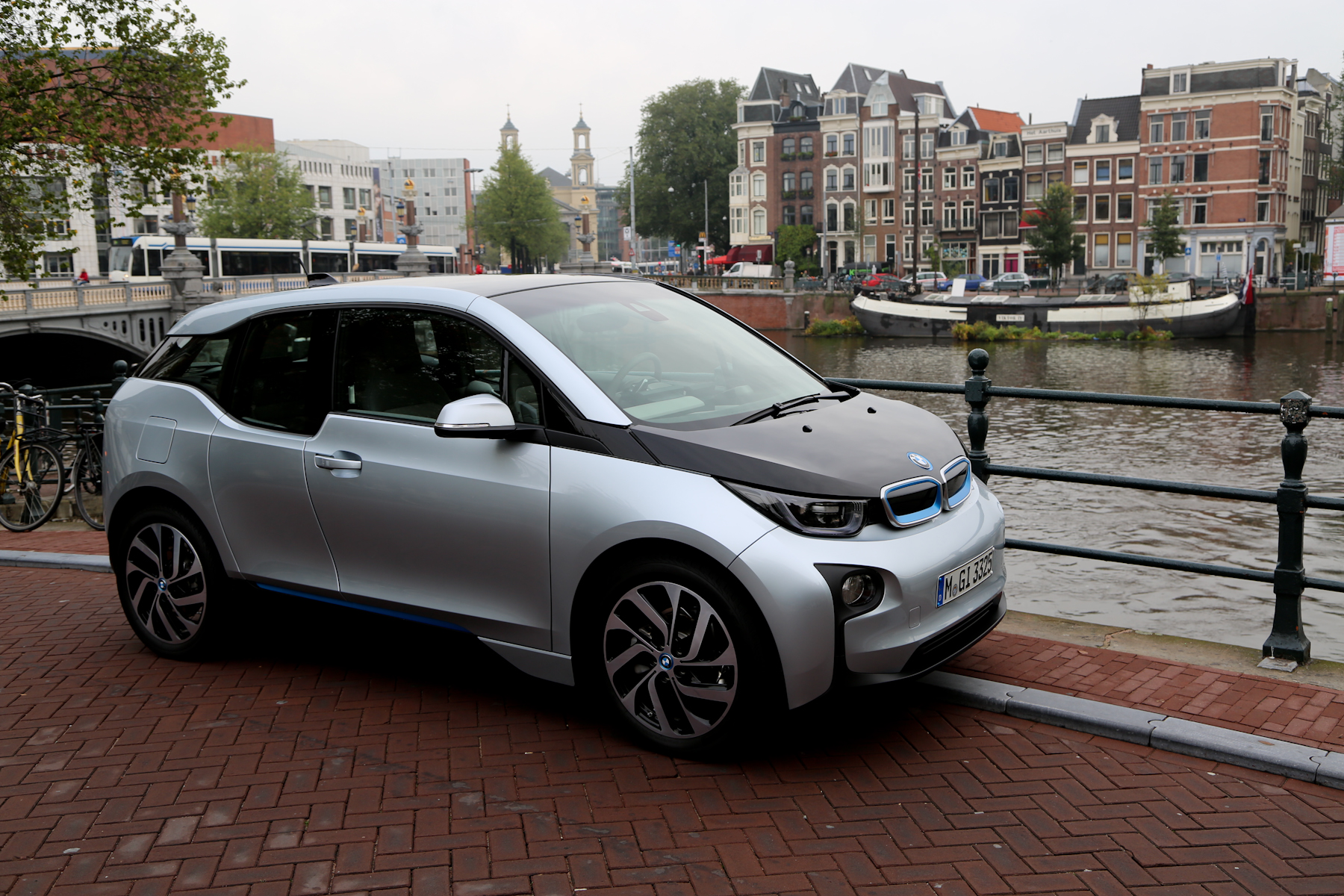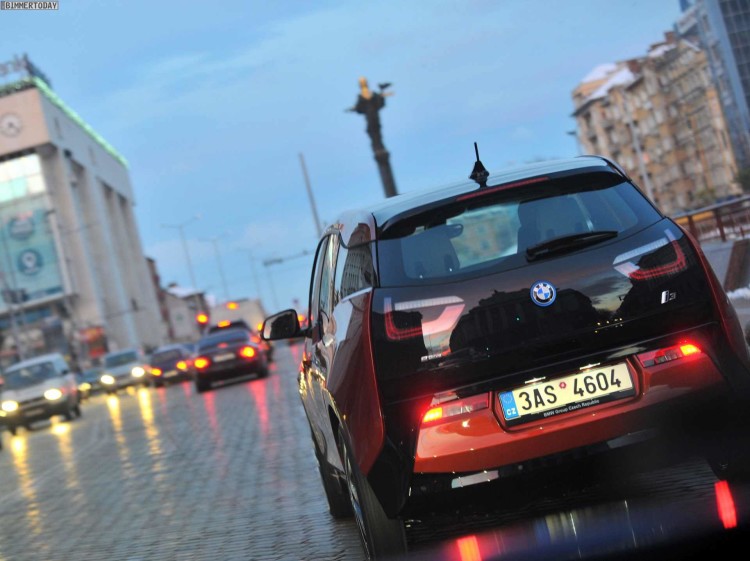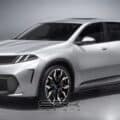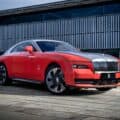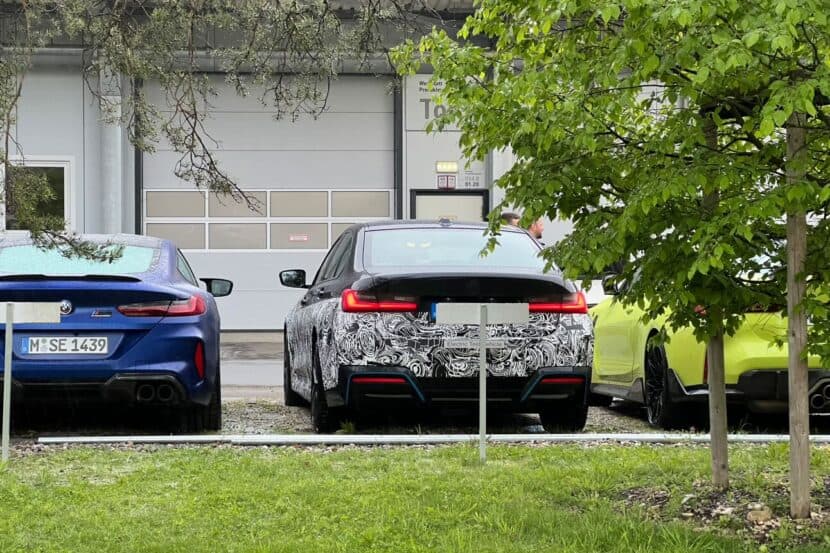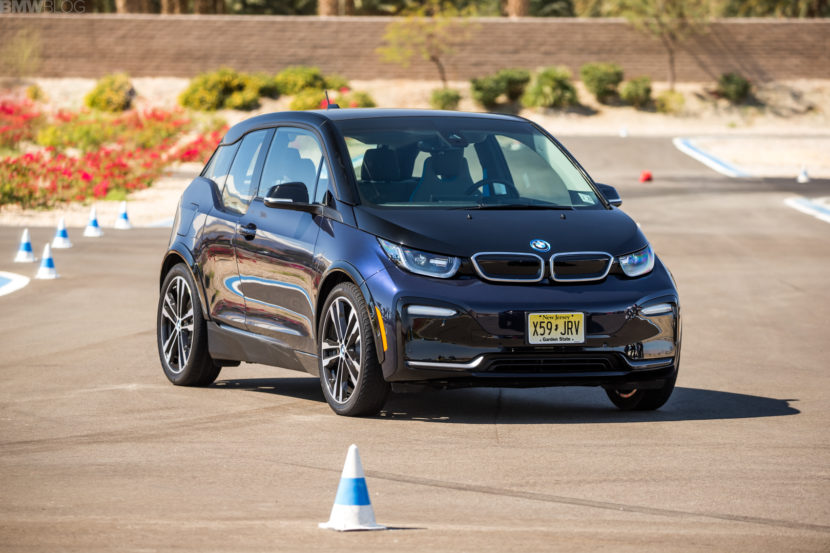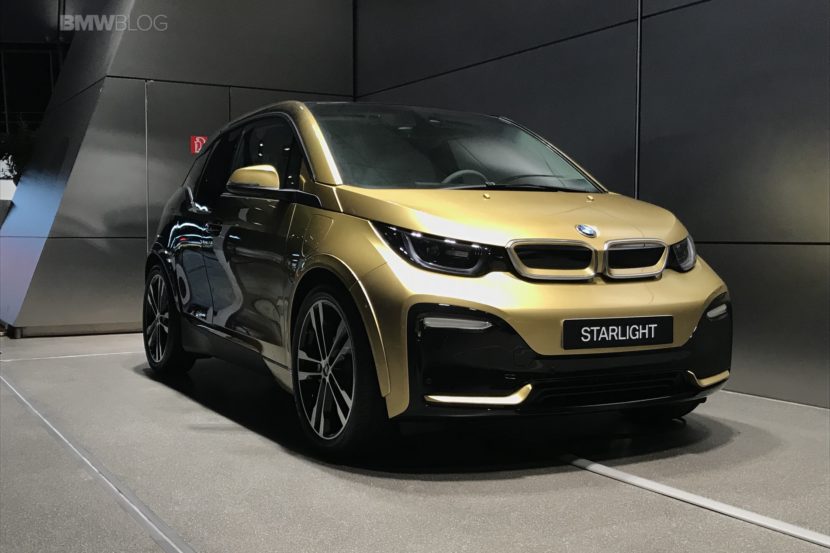It’s been called edgy, futuristic, polarizing, ground breaking and even flat out hideous. It has funky lines, rear coach (suicide) doors that can’t be opened unless the front doors are and rear windows that are permanently closed. The nose has a pronounced “underbite” that any respectful orthodontist would love to correct and the tires are so skinny they look like they should be on something coming out of BMW Motorrad, and certainly not on a proper BMW automobile.
The internet is full of extremely harsh criticism of the i3’s exterior styling. However most seem to praise the interior for it’s modern, stylish and open feel, especially for such a small car. I don’t think I’ve read a single article where the author didn’t at least approve of the interior design, while most gave it very high marks. The term “Scandinavian loft” has been used frequently to describe the modern, open feeling the i3’s interior offers.
On this message board, one person asked the question: Did they try to make it ugly?
Brad Berman of plugincars.com: Did BMW screw up the visual design of i3 electric car?
Perhaps one of the most offensive stories was from The Slate when they wrote: BMW i3 review: Electric car is a cheap, ugly Tesla Model S with an SUV on the side
Then I started thinking about all the criticism and began to wonder if it is mostly driven by American opinions. BMW has consistently maintained the i3 is a “city car”. Unlike Europe, city cars just haven’t been accepted here yet. The European roads are full of small cars that would certainly appear “unconventional” to American motorists. Take smart for instance. There are smart cars everywhere you look in Europe, yet smart can barely sell a few hundred cars a month in the entire US. Also, many of the cars there look a bit more modern than what you typically find on American roads. Are Europeans just more accepting of new ideas and styling that pushes the limits of acceptability? Is form following function an easier sell to the European car buyer than it is to their American counterpart?
John Voelcker, editor of Green Car Reports and one of the industries most respected journalists covering the green car and alternative powertrain scene recently wrote this:
“I’d agree that the BMW i3 is the best city car yet developed. Which is fine for Europe. The problem is that in North America, virtually no one has ever said, “Honey, we need to go buy a city car!”
This does make sense but I’d argue that while it is a “city car”, it is just as well served for the outlying suburbs of the big cities, making it a great commuter car for the daily grind, while still offering the spirited driving experience many want for the weekend joy ride. Which leads to the next questionable decision BMW made which is likely part of the reason so many people have been critical and that’s the range. You can’t go too far on that weekend cruise unless you paid the additional $3,850 and got the range extender. The EPA range rating hasn’t been announced yet but it’s widely expected that the i3’s electric range will be officially pegged at about 80 to 85 miles per charge. America’s a big country and with gasoline relatively cheap compared to the average price in Europe it’s common to drive hundreds of miles at a clip here. I believe if BMW would have increased the i3’s range a bit, so the EPA range rating was 100 or more miles, they would have eliminated a lot of the negativity surrounding the car so far. Of course the Europeans would like more range also (who doesn’t?). It just seems less important there since they are likely to drive less than we do in the US and some would argue that European customers look at a car purchase more pragmatically in many cases.
Will the “unique” styling and short range conspire to limit the i3’s success in the US market? Only time will tell. There will certainly be an initial surge of orders but once they are filled will the i3 continue to attract eco-conscious buyers to the brand. According to BMW, i3 ordering has been robust and they have over 11,000 orders in the bank worldwide. US ordering has just recently begun and the first deliveries are due here in only a few weeks but BMW hasn’t said how many of the 11,000 orders have come from American customers. BMW must be happy with i3 sales so far though because they recently ordered two more Engle molding machines that make i3 body shell components. They are only about six months into production so if they need to buy more production machinery already, that is likely a good sign.
What do you think? Do you like the i3’s appearance? Do you hate it or are you in the middle? Will it be more accepted by European customers or will it have universal appeal? Let me know in the comments below.
The article first appeared on bmwi3blogspot














